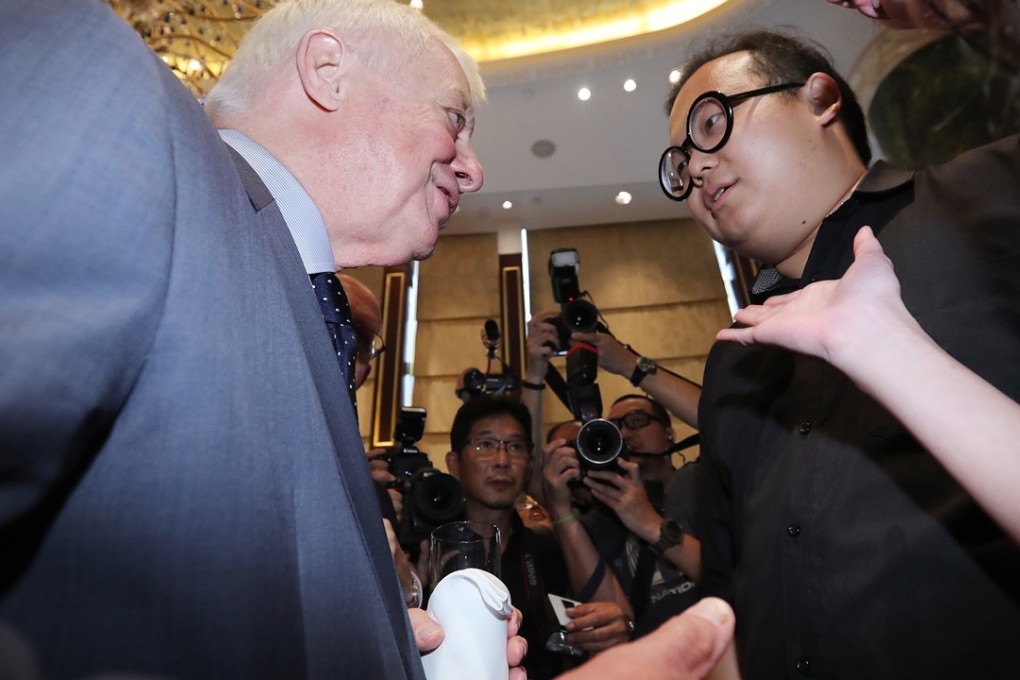Hong Kong is not Singapore, don’t believe the ‘authoritarian’ hyperbole
John Chan says the freedom of speech enjoyed by Hong Kong’s anti-establishment leaders gives the lie to their fearmongering over the city entering an era of authoritarian rule

By describing Hong Kong in this way, Lam showed himself to be either hopelessly naive, or shamelessly dishonest. The fact that he can make such a remark without fear of reprisal is in itself proof that he is wrong.
Carrie Lam applauds Hong Kong’s rule of law
Authoritarian Rule of Law is also the title of a 2012 book by Jothie Rajah, a Singaporean lawyer-turned-academic. The book and other studies demonstrated Singapore’s case of authoritarian legalism, which has successfully made an exception to the general assumption that authoritarianism and rule of law are mutually incompatible. Singapore’s adherence to the rule of law and observance of legal procedures have created an open and fair legal environment, attracting foreign investment and fostering economic development; yet, internally, the rule of law and legal procedures have been used as tools to suppress dissent and curtail freedom and rights.
The 1988 case of Chng Suan Tze versus the Minister for Home Affairs clearly demonstrated this authoritarian rule of law at work. Chng and three other dissidents were arrested and detained without trial under the Internal Security Act (ISA), a draconian colonial-era law that had been applied to authorise a 23-year detention without trial of an alleged communist insurgent.
Singapore’s longest-held political prisoner Chia Thye Poh nominated for Peace Prize
Chng sought a court review of the constitutionality of the arrests. Both the lower court and the Court of Appeal ruled in his favour. The court held that the ISA “giving the executive arbitrary powers of detention” would be “unconstitutional and void”.
